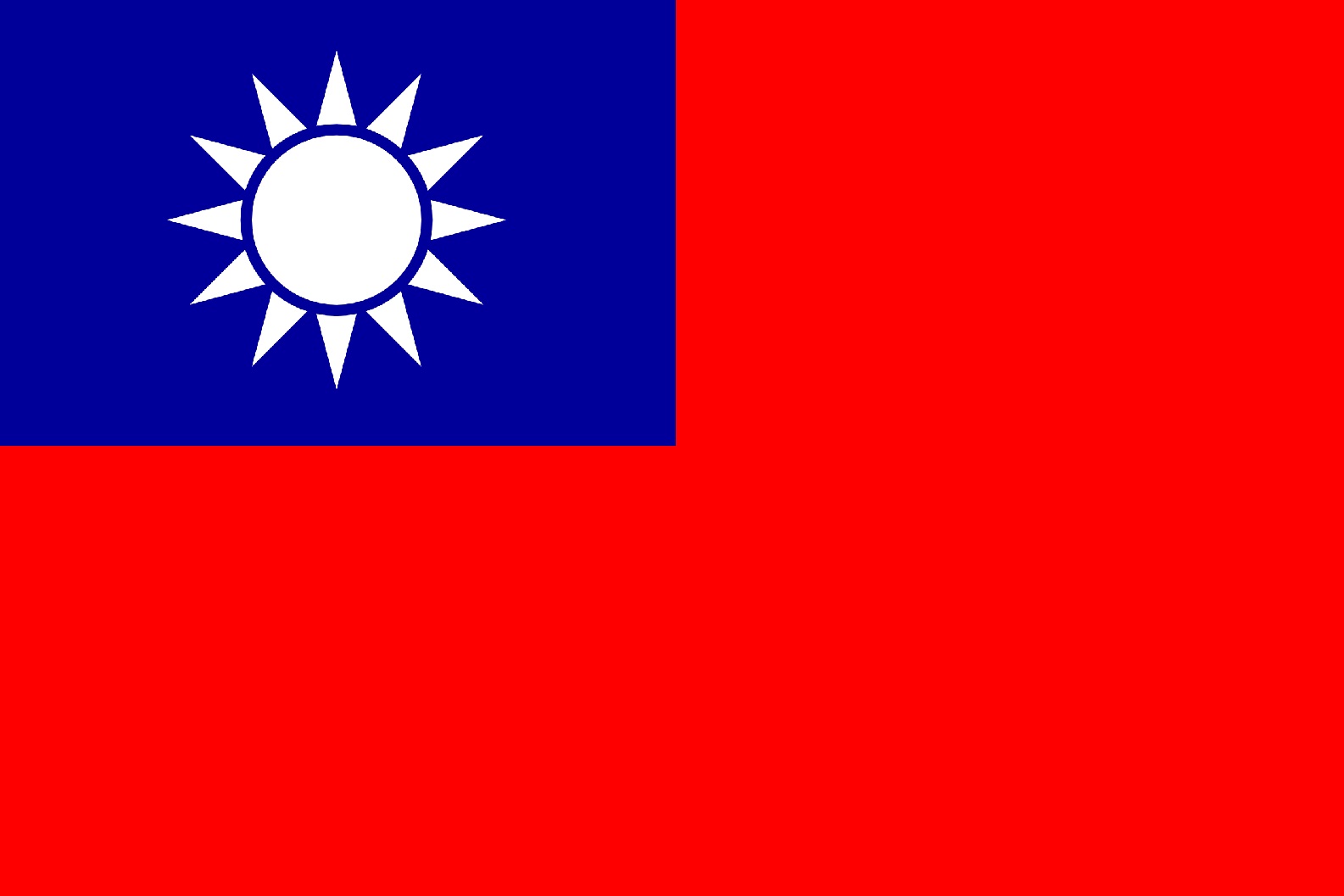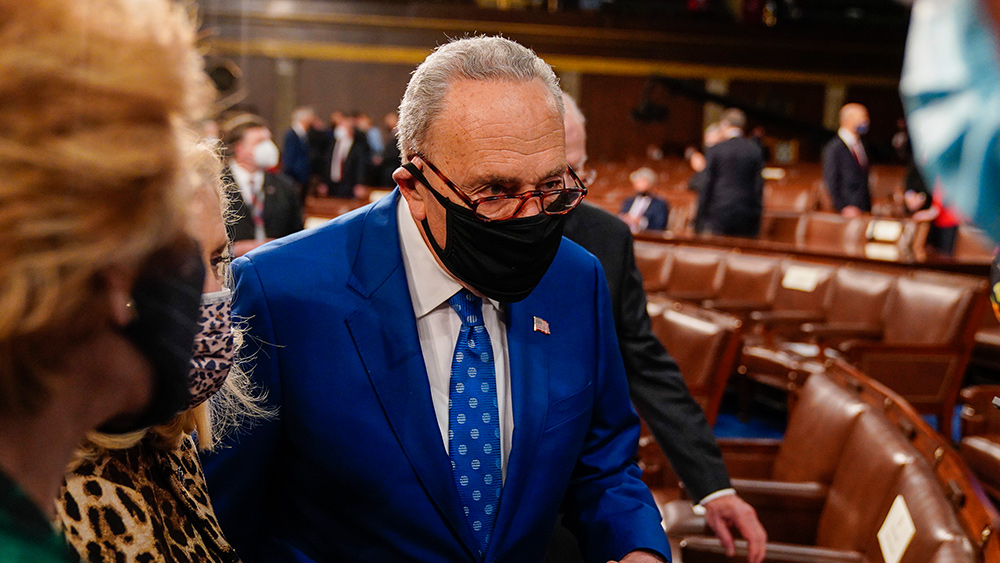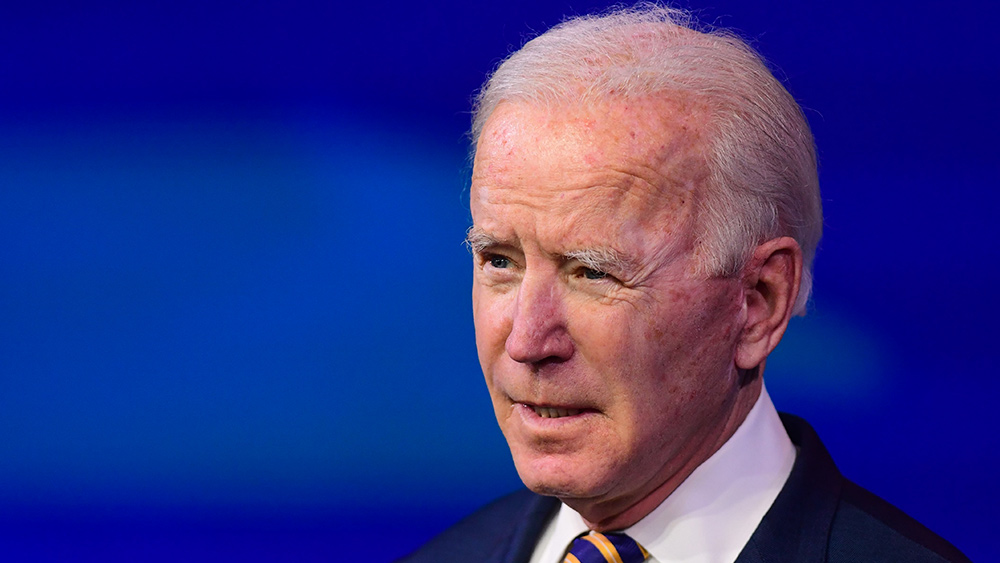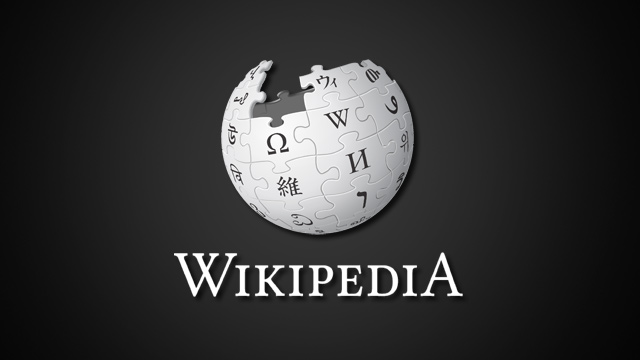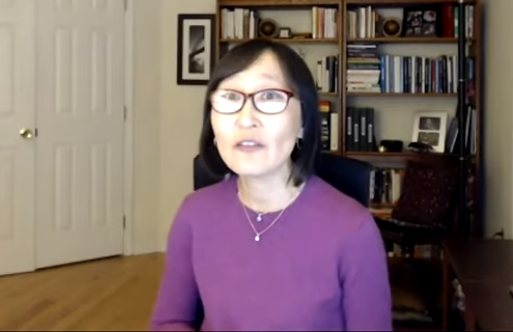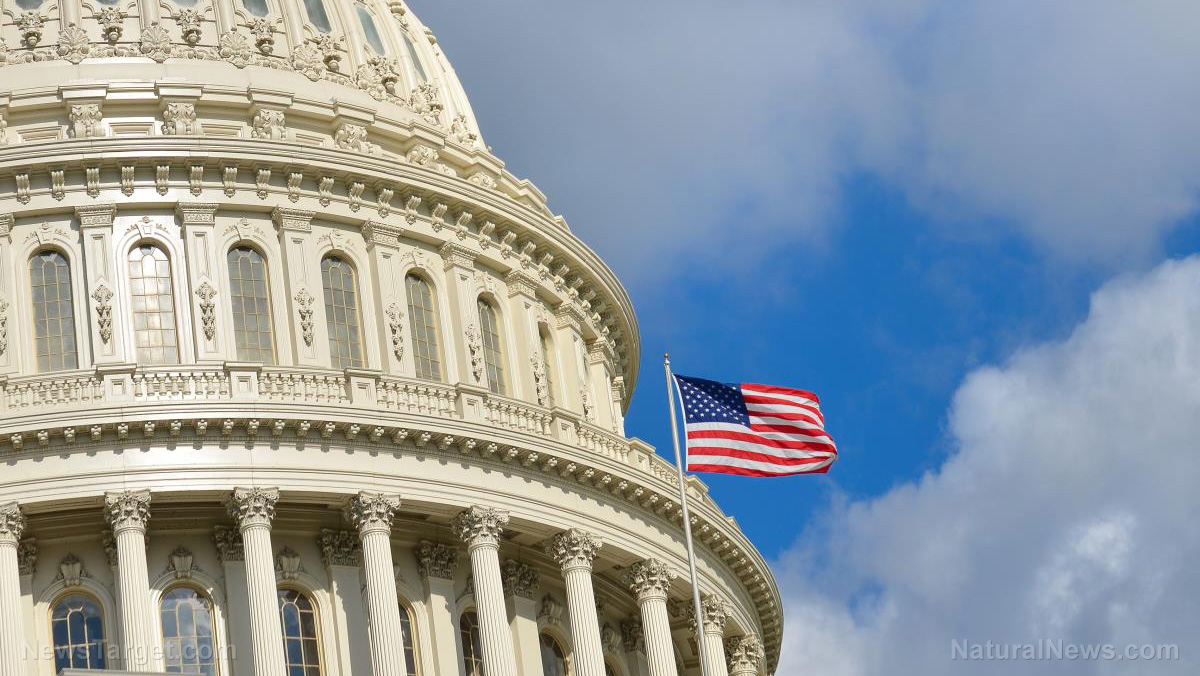Report warns against China’s expanding global media influence
02/17/2021 / By Franz Walker

A new report authored by the U.S. National Endowment for Democracy is warning that countries, including the U.S., need to be more vigilant about China’s expanding global media influence and the threats it poses.
Titled “China’s Global Media Footprint: Democratic Responses to Expanding Authoritarian Influence,” the report goes into detail on how Beijing has been “leveraging propaganda, disinformation, censorship, and influence over key nodes in the information flow.” All this in an effort to “shape media content” to portray the county and the regime in a positive light.
The report talks about how Beijing has exploited the openness of Western societies to manipulate foreign media content. This is a gray zone between established practices of diplomatic maneuvering and coercive activities that the report describes as “sharp power.”
“Their sharper edge often undermines democratic norms, erodes national sovereignty, weakens the financial sustainability of independent media, and violates local laws,” stated the report’s author Sarah Cook, research director for China, Hong Kong, and Taiwan at the human rights group Freedom House.
“No country is immune: the targets include poor and institutionally fragile states as well as wealthy democratic powers,” she adds,
CCP wants to tell “China’s Story” through propaganda
In September of 2013, Chinese President Xi Jinping said it was important for China to do a good job at foreign propaganda by spreading “China’s voices.” During this time, the country began to talk about the importance of “telling China’s store.”
Since then, Beijing’s tactics to rewrite the global narrative on China have expanded considerably. Now, the report states that information created or influenced by the CCP is consumed by “hundreds of millions of news consumers around the world,” often without the knowledge of the party’s involvement.
Aiding these efforts are existing weaknesses in Western countries, according to the report. Local officials, businessmen and civil society, in general, tend to lack a sophisticated understanding of the CCP. This can be exploited as local media may find it hard to resist lucrative advertisement deals or partnerships from Chinese state-linked companies.
“Hundreds of incidents that have occurred around the world over the past decade demonstrate that once the CCP – or a company, media outlet, or owner with close ties to the party—gains a foothold within an information dissemination channel, manipulation efforts inevitably follow,” the report states.
Also aiding Beijing is the growing use of Chinese-owned apps such as WeChat and TikTok, the rising political polarization in the West and the growing anti-Western sentiment in some countries. (Related: Facebook “fact-checker” defends contract with ChiCom-controlled social media app TikTok.)
China has created a “visible presence” in the media
The report cited how Beijing has sponsored thousands of trips for foreign journalists. The latter are usually strictly monitored during the trips, only allowed to see a perspective that the CCP wants them to. According to the report, these have been key in Beijing’s efforts to influence Western media coverage.
More alarming is the Chinese acquisition of local media. The report says that this has succeeded in shifting the editorial line in stories about Taiwan, the Czech Republic and South Africa.
The report’s data is supported by a survey released by the Brussels-based International Federation of Journalists. The survey, released in June 2020, found that two-thirds of its members believe that China has created a “visible presence” in their national media.
In at least eight countries, journalist unions have said that they have signed deals with Chinese entities. These include content-sharing agreements, journalist exchange programs or even participation in Chinese government events.
According to Cook, these are examples of Beijing’s “whole-of-society approach to authoritarian control.” As such, Cook states that a robust response from the West is necessary.
She recommends steps such as increasing scrutiny on pre-election media coverage and Chinese-language media in general. In addition, she also recommends the review or even the outright censorship of Chinese-owned apps – something that almost happened last year when then-President Donald Trump made moves to ban apps such as WeChat and TikTok.
More importantly, she states that more rigorous efforts to identify which media outlets have financial ties or are outright owned by companies with ties to the CCP.
Follow CommunistChina.news for the latest on China’s efforts to spread its propaganda to the West.
Sources include:
EFile.FARA.gov [PDF]
Tagged Under: Asia, bias, CCP, China, Chinese Communist Party, communism, communist China, Fact Check, influence, journalism, propaganda
RECENT NEWS & ARTICLES
COPYRIGHT © 2020 Communism.news
All content posted on this site is protected under Free Speech. Communism.news is not responsible for content written by contributing authors. The information on this site is provided for educational and entertainment purposes only. It is not intended as a substitute for professional advice of any kind. Communism.news assumes no responsibility for the use or misuse of this material. All trademarks, registered trademarks and service marks mentioned on this site are the property of their respective owners.






